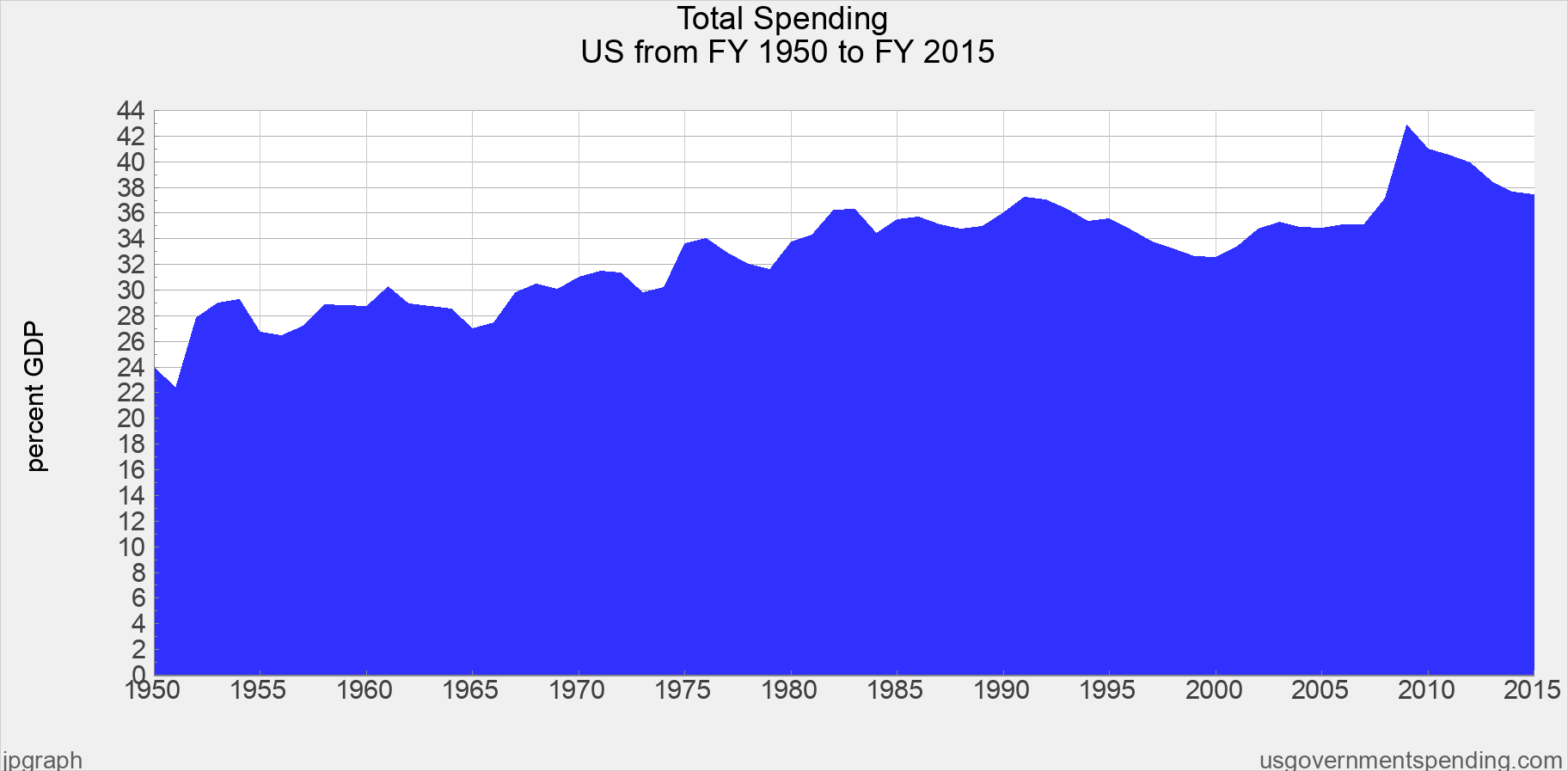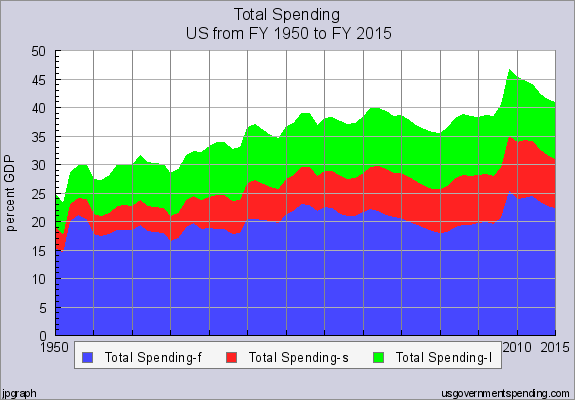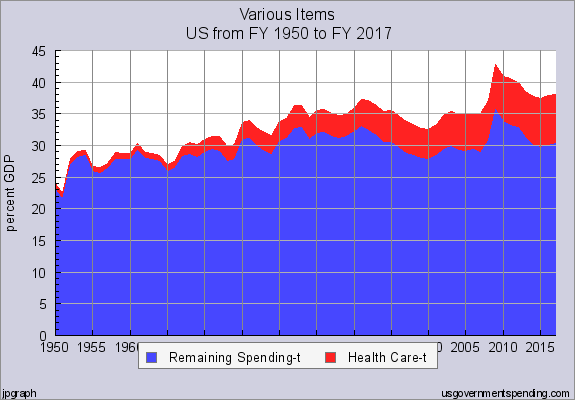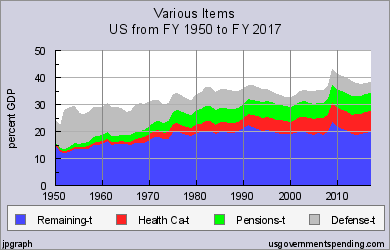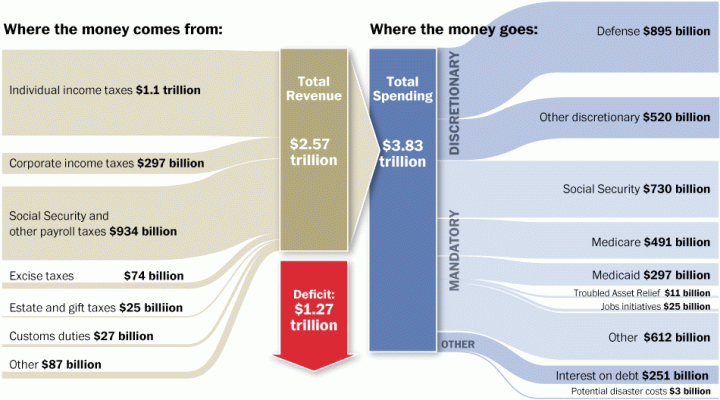I am somewhat reluctant to post this, as it smacks of wacko conspiracy theory stuff, and I agree that this should not be part of the forum.
In spite of this, there are financial transactions that are allowed and legal, that fall into the area called "shadow banking". Some of this surfaced in the MF Global situation, but there are many other parts of Banking that allow for transactions that are not in the public view. In particular the use of leveraged debt being multiplied by multiple transactions, and then being counted as collateral for establishing net assets.
The process is so obscure that there is limited oversight, except for some new European regulations that are currently being put in place.
Here's an excerpt that puts attempts to simplify the process. It discusses hypothecation.
For example, if you put a buck in your checking account and the bank has to keep 10% of that in reserve, it can loan out $0.90. But then, if somebody else deposits $0.90, the bank can loan out $0.81 cents or 90% of the total assets on deposit. And so on, until literally all the money on deposit is effectively hypothecated to another entity. This is why banks are constantly seeking new depositors - to feed the hypothecation machine and their profits.
Obviously a buck is still a buck no matter which way you cut it, so cash does count for something. But at the end of the day, any banks can create a daisy chain of rehypothecated assets that results in as much as $10 in new checking accounts and rehypothecated assets against every $1 in actual deposits. Perhaps more.
What is explained as the "hypothecation machine", is in effect "re-hypothecation".... and together with repos (repurchase agreements) are the tools used to multiply debt instruments... The general worry is that this could one of the major reasons for the growth of Bank Assets that was cited in the original post.
Bringing this down to a common denominator... Since all banking is based on trust, and a belief that loans and assets on deposit are backed with collateral... any thought that promissary notes, bonds, or other claims on stated assets might not be backed by liquidity would obviously cause panic... then this is the heart of the matter.
The theory extends back to the original bank bailout and the loans that were advanced to put off audits to determine the liquidity of the major banks. Despite the promises to unwind the housing value problems, and the derivatives markets, many people feel that it was a patchwork solution. The followup legislation ... Dodd-Frank, is still not implemented and being litigated with input from the banking industry.
...................................................................................
I don't buy into this, as I'm not smart enough or knowledgeable of the industry enough to know the difference between half truths, lies, or just cuckoo self promoters. I do see an increase in discussions that concern the end of bank counterparty guarantees, leveraged repo agreements, prop trading funds, and the probability of reducing the FDIC guarantees back to $100,000/account.
Despite a minor drop in the market as we approach the fiscal cliff, it doesn't seem than any of the major market players are predicting an endemic risk, and I haven't seen any scaremonger "end of the world" posts. Hopefully the experts understand whatever risk may exist. Still, it does no harm to understand the factors being discussed, or to have some options in the event of a sliding market.
